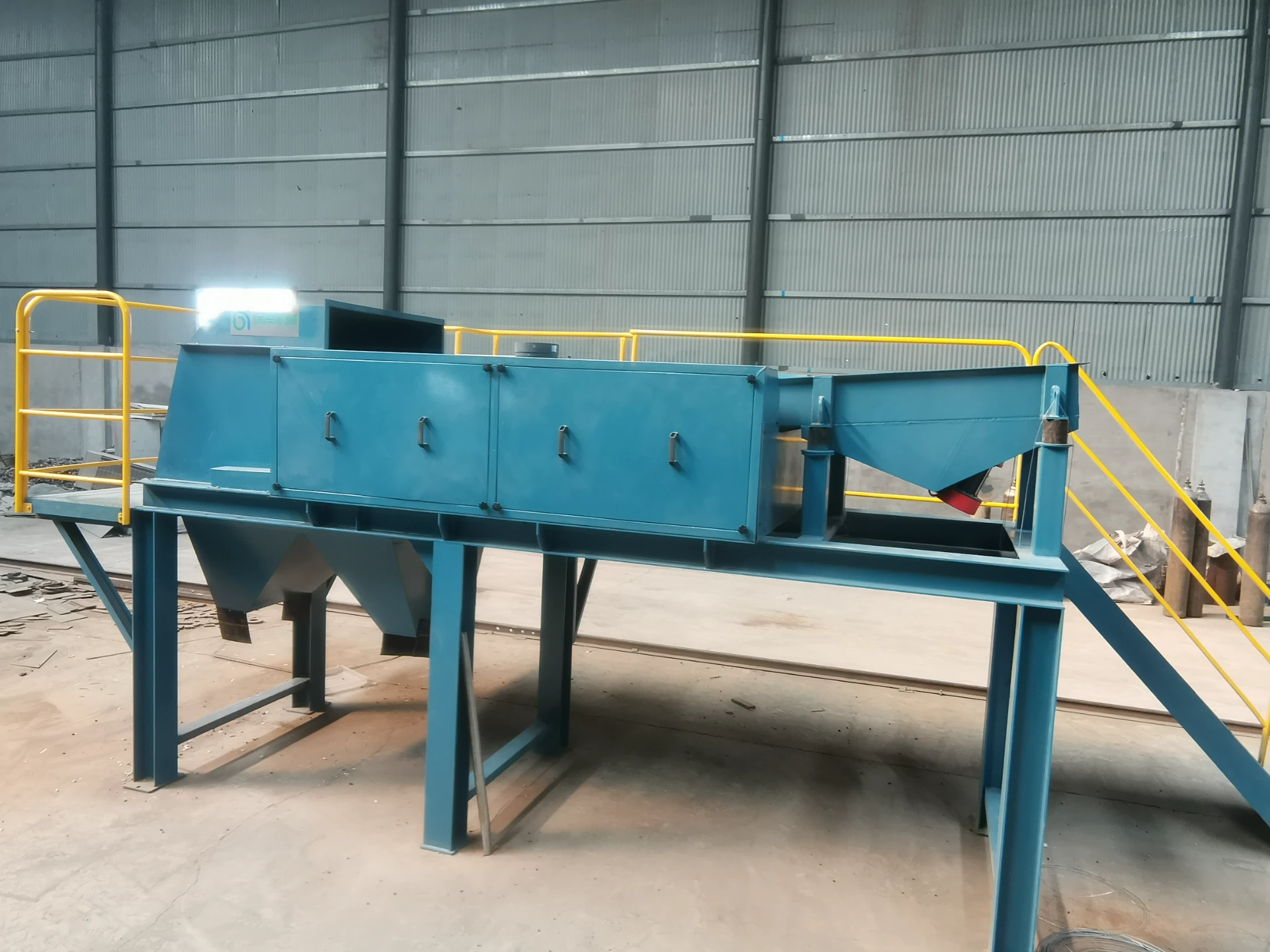Properly disposing of a television is crucial not only for individual convenience but also for environmental protection. As screens advance in technology, so does the need to responsibly retire these devices once they've reached the end of their life cycle. Here's an authoritative guide to safely disposing of your television, ensuring you minimize your environmental impact while also complying with regional and national regulations.

Understanding the Impact of Improper Disposal
Televisions contain several hazardous materials such as lead, mercury, and cadmium, which can contaminate soil and water if not handled correctly. When disposed of improperly, these harmful chemicals can leach into the environment, posing a significant threat to wildlife and human health. To prevent this, it's essential to follow proper disposal techniques tailored to your region.

Options for Disposing of Your Television
1. Retail Takeback Programs Many electronics retailers offer takeback programs, allowing customers to return old TVs when purchasing new ones. This option is convenient, especially if it coincides with upgrading your television. Retailers often collaborate with certified e-waste recyclers to ensure the televisions are dismantled and recycled safely.
2. Manufacturer Recycling Programs Electronics manufacturers are increasingly providing recycling programs to fulfill their corporate environmental responsibility roles. Brands like Samsung, LG, and Sony have specific programs in place to take back old models and recycle them correctly. Check the manufacturer’s website for details on how to return your old TV.
3. Municipal E-Waste Recycling Check with local waste management authorities regarding special e-waste collection days or permanent drop-off locations. Many municipalities have dedicated e-waste collection points where residents can drop off old electronics, including televisions, at no charge.
4. Donate or Sell If the television is still functional, consider donating it to a local charity, school, or non-profit organization. Alternatively, platforms like eBay, Craigslist, or Facebook Marketplace provide avenues to sell your TV to someone who might need it, thus extending its life and usefulness.
5. Professional E-Waste Recycling Companies For large volumes or specific needs, professional e-waste recycling companies offer comprehensive services. These companies have the necessary expertise and facilities to dismantle and recycle electronic components safely. They may charge a fee, but the environmental benefits are significant.
how do you dispose of a television
Expert Tips for Choosing a Recycling Option
- Verify Certification Always ensure that the recycling facility is certified by reputable organizations such as the e-Stewards or R2 Certification programs. These standards guarantee that the recycler adheres to high environmental and ethical standards.
- Research Local Regulations Different areas may have specific regulations concerning e-waste disposal. Research the rules applicable in your location to avoid fines and ensure compliance.
- Plan for Transportation Older televisions can be bulky and heavy, requiring appropriate handling equipment. Plan ahead to either transport the TV yourself or arrange for pickup if you are using a recycling service.
Emphasizing the Importance of Trustworthiness
The importance of trust in selecting a recycling method cannot be overstated. Many uncertified and unscrupulous services might offer disposal at a low cost, but they often resort to illegal dumping practices. Trust certified and well-reviewed services to make sure the TV is disposed of responsibly.
Real-Life Success Story
Consider the story of Emily, a young professional who faced the challenge of disposing of her enormous CRT television after upgrading to a minimalist flat-screen model. After researching various options, she opted for a certified local e-waste recycling service that offered home pick-up. Not only was the TV recycled responsibly, but Emily also received a certificate of disposal, instilling confidence in her choice. Her proactive step helped prevent potentially hazardous substances from leaching into the environment.
Television disposal is not just about getting rid of an old device; it's about contributing positively to environmental conversation efforts and community well-being. By choosing reliable, responsible methods, you can ensure that your actions today help preserve the environment for future generations.


